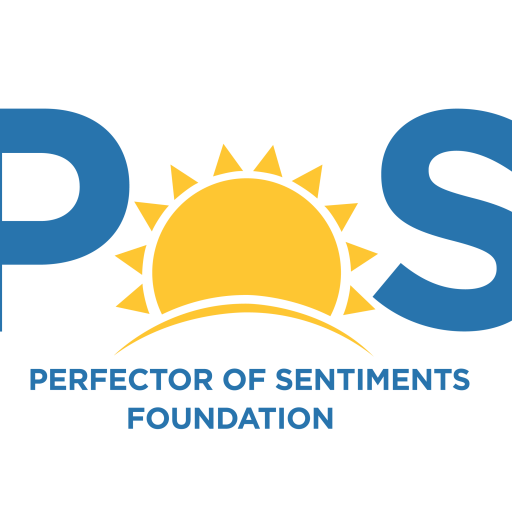In 2006, the United Nations General Assembly near unanimously adopted Resolution 60/251, to establish a Human Rights Council (replacing the Human Rights Commission) with the responsibility of promoting universal respect for the protection of all human rights and fundamental freedoms for all. One of the key mandates of the Council is to undertake a Universal Periodic Review (UPR), on the fulfillment of each State’s human rights obligations and commitments. The UPR is therefore a unique Human Rights mechanism where each of the 194 UN Member States are peer-reviewed and examined on their entire human rights record every five years regardless of its size or political influence, under the same rules and supervision. States are required to respond not only to all recommendations made by its peers, but also to provide data on the implementation of recommendations it has previously accepted, including voluntary commitments. It remains a co-operative process that requires the full participation of the State under Review and complements the work of all UN treaty bodies. The UPR is a very important process for advancing the realization of human rights Nationally, Regionally and Globally.
Ghana’s human rights record was reviewed by the UN Human Rights Council (HRC), UPR Working Group (WG) in May 2008 (1st Cycle) and in October 2012 (2nd Cycle). The country underwent the 3rd Cycle review on 7th November, 2017 and received 241 recommendations. In the draft report of the UPR WG, 200 recommendations enjoyed the support of Ghana while 41 were noted. During the formal adoption that took place in March 2018, Ghana accepted an additional 12 recommendations (10 accepted and 2 partially accepted) out of the 41. That brings the number of the total accepted recommendations by Ghana to 212 out of 241, while 29
recommendations were noted. Prior to Ghana’s 3 rd review by the UPR WG of the Human Rights Council, Ghanaian CSOs came together in a broad-based coalition led by the POS Foundation to undertake several activities
within the cycle which include but not limited to;
